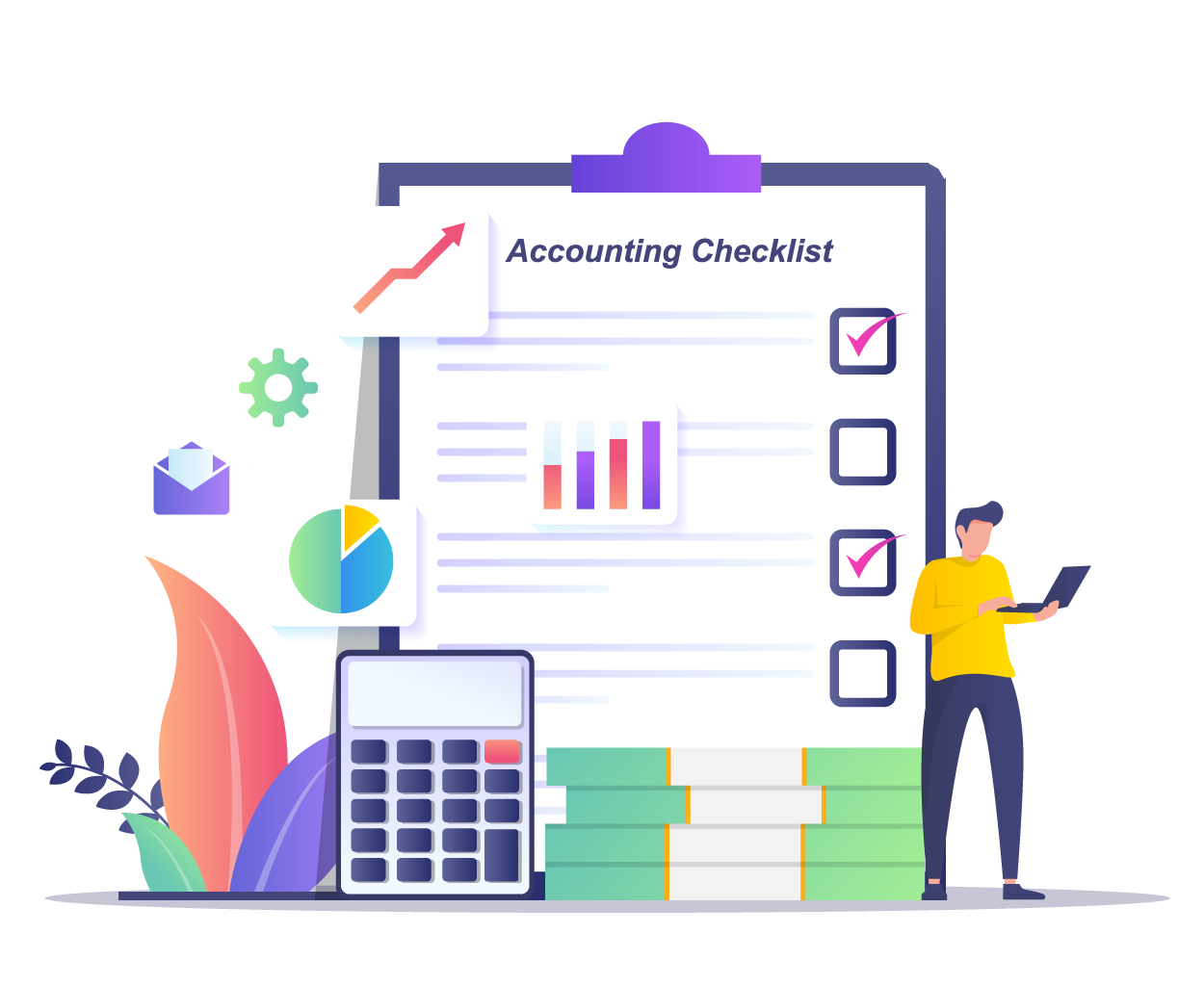Years ago, it was questionable for an attorney to communicate with clients via email.
But legal technology has advanced at the speed of light. We’re way beyond questioning the value of email.
Today, there are hundreds of software “solutions” available for every conceivable task, from tracking your clients’ contact information to organizing digital documents. Such an abundance of choice signals an exciting new era for the legal industry, but it can also come with an unspoken pressure to keep up with the Joneses, Esq.
Complex software is exciting, but all of those bells and whistles can distract you if they’re not serving to further your goals. Nonetheless, many firms opt to invest in every “latest and greatest” tool to look like they’re keeping up with the times.
At CosmoLex, we believe that there’s something to be said for starting simple—especially for small and solo firms where maximizing efficiency is crucial to generating a profit (and a return on your investment in your tech tools).
Top 5 Legal Basics to Include In Your 2023 Tech Stack
If your team is on the lean side, you need cost-effective solutions that are scalable and easy to use. If you aren’t sure where to start, look for these five practical-but-powerful legal tech tools.
1. Legal accounting software
From tracking your firm’s income for tax purposes to reconciling client trust accounts, there’s no shortage of math involved in running your law firm. Yet, most attorneys who start their firms do it because they’re passionate about practicing law—not number crunching.
If the financial and logistical aspects of running a law firm don’t spark joy for you, that’s okay. Legal accounting tools are available to make short work of:
- Tracking revenue and expenses
- Setting profitable fee rates
- Managing client trust accounts
- Creating matter budgets
- Budgeting for and monitoring operational expenses
- Tracking client funds
- And more
Plus, legal-specific accounting software can provide a critical failsafe against compliance violations and mathematical errors, particularly when it helps you perform tasks like three-way reconciliations or LEDES billing.
2. Matter management tools
No matter the size of your firm, keeping legal matters organized is key to providing the high-quality service that today’s legal clients expect.
For solo and small firms, it’s also vital for survival. The organization is a cornerstone of the efficiency needed to fulfill deadlines, keep clients updated, and manage billing in a compliant manner.
With matter management tools, small teams and solo attorneys don’t have time to waste digging through filing cabinets or searching through spreadsheets. From onboarding to completion, matter management tools keep everything you need to do your best work—client contact information, case notes, upcoming tasks, evidence, invoices, and more—close at hand in a central location.
Some matter management tools, like CosmoLex, also offer matter templates to help you streamline and even automate different types of cases with pre-established checklists.
It’s important to regularly review and have a deep understanding of your financial health to ensure that errors will be caught and performance can be analyzed. Always knowing the status of your business allows for adequate planning and, if necessary, a change of course before it is too late!
3. Document management
According to a recent American Bar Association (ABA) survey, a majority of lawyers now work from home at least some of the time. This “new normal” highlights what has become a non-negotiable need for attorneys: to easily manage legal documents remotely.
Document management tools facilitate easy access to essential legal documents by allowing for a central point of access and intuitive organization systems. In addition to making sure important documents are only a click away, document management software empowers small to solo firms to maximize their time—and profits—with automated workflows.
While ease of access is important, top-of-the-line security measures such as encryption, user access controls, and password protection are critical for many firms. These features can help you adhere to compliance guidelines and better protect clients’ sensitive information.
4. Client relationship management (CRM) software
Your firm’s future depends on your ability to manage your relationships with clients and potential leads—but you don’t have to do it all by hand.
A client relationship management (CRM) system can help you increase the number of touchpoints between your firm and your clients or leads, which helps to foster trust and establish expertise. CRMs also track the communication between your team and potential leads. Tracking and analyzing these communications can allow you to develop a more effective strategy to connect with new clients and feed future law firm growth.
However, your CRM’s greatest value may rest in its ability to streamline and automate your administrative and marketing tasks. Whether it’s sending new clients intake paperwork or segmenting your clients into groups for more effective content marketing, many of your most repetitive or analytical tasks are handled automatically without the need for you to spend your (very) limited time on them.
5. Online payment processors
Small and solo firms can’t afford to absorb the cost of clients who pay late, or worse, don’t pay at all. High AR can rack up easily and make it difficult to provide effective service to paying clients. Plus, small teams don’t have time to manage the invoicing and billing process manually.
Not only does accepting online payments alleviate these challenges, but it also offers greater convenience to your clients. This is especially true if you’re able to accept payment from clients in a variety of formats, including credit cards, debit cards, and ACH transfers.
Look for payment software that allows you to automate the invoice process and include links in every invoice that allow your clients to pay instantly from a mobile device. Some options may even allow you to set up recurring billing for monthly payments to take additional work off of your plate.
Keep in mind that not all payment processors are the same. For law firms, compliance is king. Make sure your payment solution supports trust accounting regulations so you can safeguard your clients’ funds.
CosmoLex is the best all-in-one legal tech solution
As a small or solo law firm, you know that your product makes a direct impact on your profitability. Having the right tools and strategies in place can help you streamline your efforts and run your law firm more effectively.
Specifically, the impact of software integrations (or the lack thereof) can affect your efficiency dramatically. If you’re using multiple software “solutions” for various tasks such as billing, accounting, document management, and matter management, but none of them integrate effectively, you could end up wasting time and energy correcting errors and searching for real-time information about your clients’ legal matters.
This scenario is more than frustrating. It’s time-consuming and costly.
On the other hand, taking advantage of fully integrated, all-in-one software like CosmoLex allows you to run your solo or small law firm as precisely and efficiently as possible.
If you’re ready to spend more time practicing law and less time running your law firm, contact CosmoLex now to schedule a demo or start your free trial.
It’s important to regularly review and have a deep understanding of your financial health to ensure that errors will be caught and performance can be analyzed. Always knowing the status of your business allows for adequate planning and, if necessary, a change of course before it is too late!


